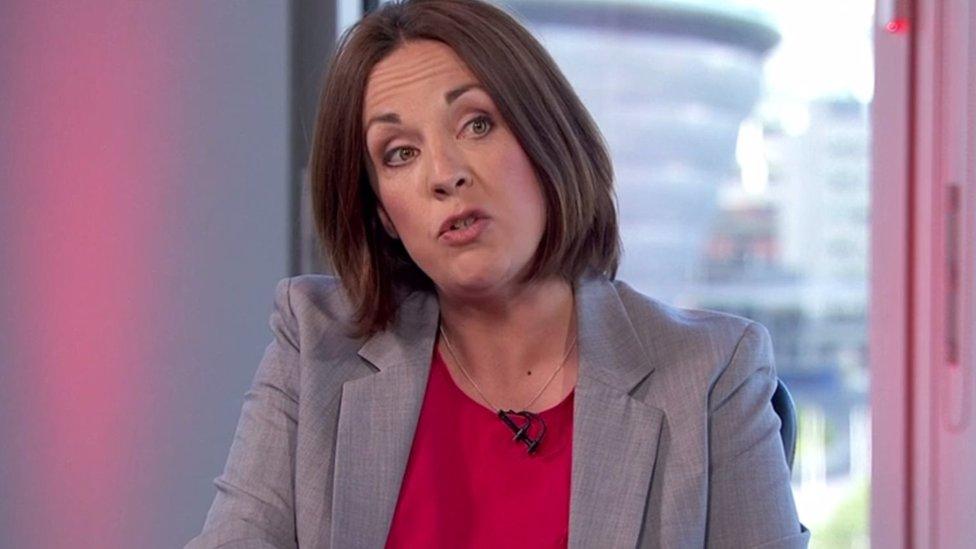Election 2017: Nicola Sturgeon says independence 'no magic solution'
- Published
SNP leader and Scotland's First Minister Nicola Sturgeon has said she hoped Brexit would not be a disaster.
Nicola Sturgeon said independence is not a "magic solution" to Scotland's problems as she was questioned over her government's record.
Appearing on BBC Scotland's Ask the Leader, she defended her mandate for a second independence referendum.
But the first minister said it would happen only after the outcome of the Brexit negotiations became clear.
She also confirmed controversial plans to fast track new teachers into classrooms were to go ahead.
She was the last of the four main party leaders in Scotland to appear on the programme, before a live studio audience, in the week before the general election on 8 June.
She faced questions on the SNP government's ten year record on education and health.
Ms Sturgeon also said it was important to have organisations like the EU to help deal with global problems such as climate change and said no single country could tackle such issues "despite what President Trump seems to think".
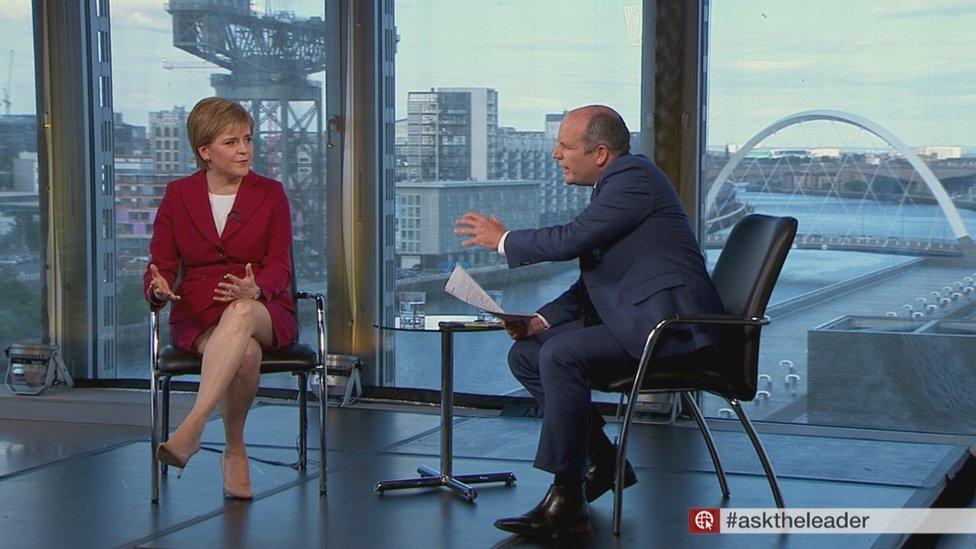
Ms Sturgeon was the fourth party leader to appear on the BBC programme in the week before the election
The first minister insisted her government had a mandate to hold a second independence referendum following last year's Scottish Parliament elections which left the SNP the biggest single party, but no longer with an overall majority.
She said: "We fought an election to the Scottish Parliament last year. The manifesto which I fought that election on said that if a scenario - which I hoped didn't arise - where Scotland voted to stay in the EU and the rest of the UK voted to leave - I thought in those circumstances Scotland should have the choice about its future.
"I don't think we should face that choice now, but at the end of the Brexit deal, when we know what the deal looks like."
The SNP leader said there were many challenges facing the country and she was said independence in itself was not the answer to all of them.
"I don't say that independence is a magic solution to everything," she said.
"Nor do I say supporting independence lets me and my government off the hook. We've got challenges in Scotland - like every other country."
Asked about her offer of a "compromise deal" to take another independence referendum off the table if Scotland were able to remain part of the EU single market after a Brexit deal, Ms Sturgeon said: "I'm very aware there are many people in Scotland who don't want independence, but don't want to leave the EU either.
"I'm trying to find a compromise."
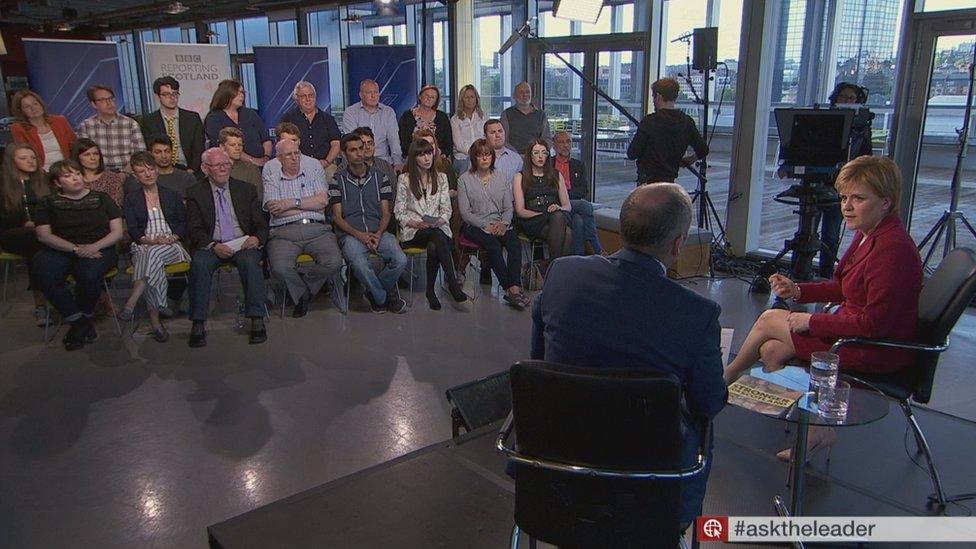
The SNP leader faced questions on education from teachers in the audience
On education, the first minister was quizzed over standards in literacy and numeracy, with two recent reports indicating that standards in schools have been falling while her party has been in office.
The issue of class sizes and teacher numbers were also raised by teachers in the audience.
Ms Sturgeon defended her government's record, cited areas of additional spending and said parts of the Curriculum for Excellence needed greater focus.
She also confirmed that plans to fast-track graduates into teaching roles could soon be put into place to help ease teacher shortages.
The move, which could see graduates placed into teaching roles with just five weeks postgraduate training as opposed to a year-long teaching qualification, are vigorously opposed by teaching unions, including Scotland's biggest, the EIS, which has already warned it would oppose any move to "dilute" teachers' status.
She said teacher recruitment challenges were "not unique to Scotland".
She added: "We are about to go out to tender for an additional different route into teaching."
Earlier on Friday, speaking on BBC Radio 4's Today programme, the first minister said the SNP could support a Labour government "on an issue-by-issue basis" in the event of a hung parliament.
Both parties have ruled out a formal coalition deal should the election on 8 June not produce a clear winner.
But Ms Sturgeon said she would be open to forming a "progressive alternative to a Conservative government".
During a Question Time election special, where both Jeremy Corbyn and Theresa May faced questions from audience members on Friday evening, the Labour leader insisted he would not strike a deal with Ms Sturgeon and was working for a majority Labour government.
- Published5 June 2017
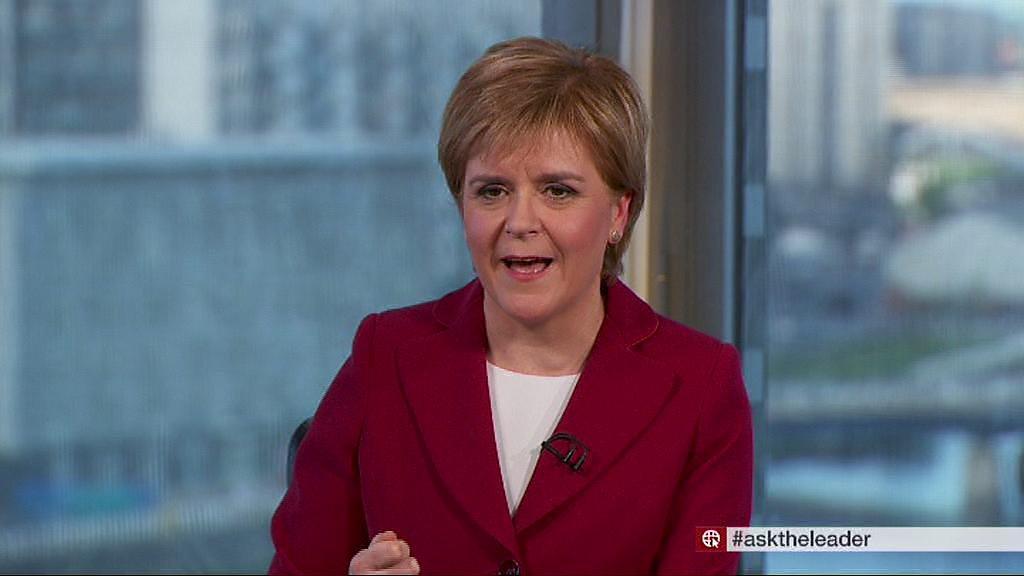
- Published1 June 2017
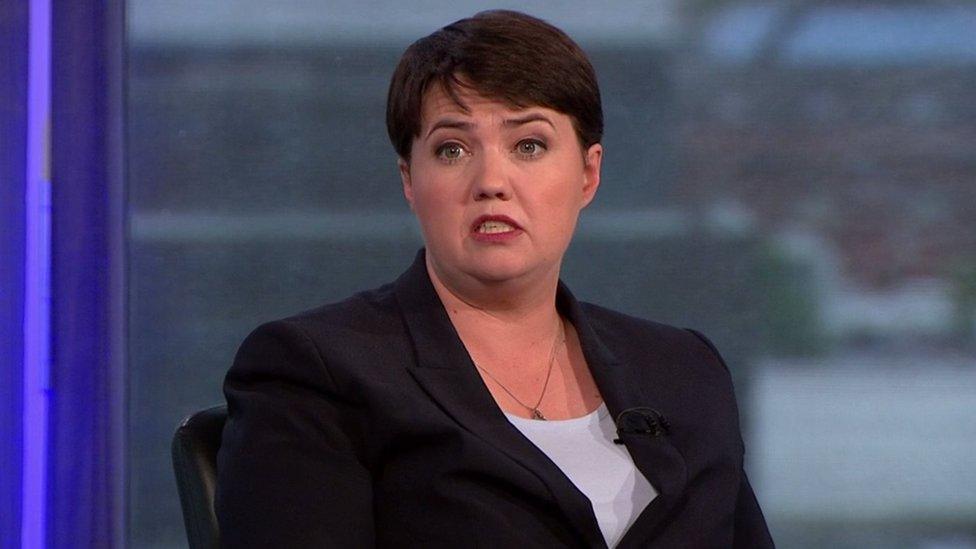
- Published29 May 2017
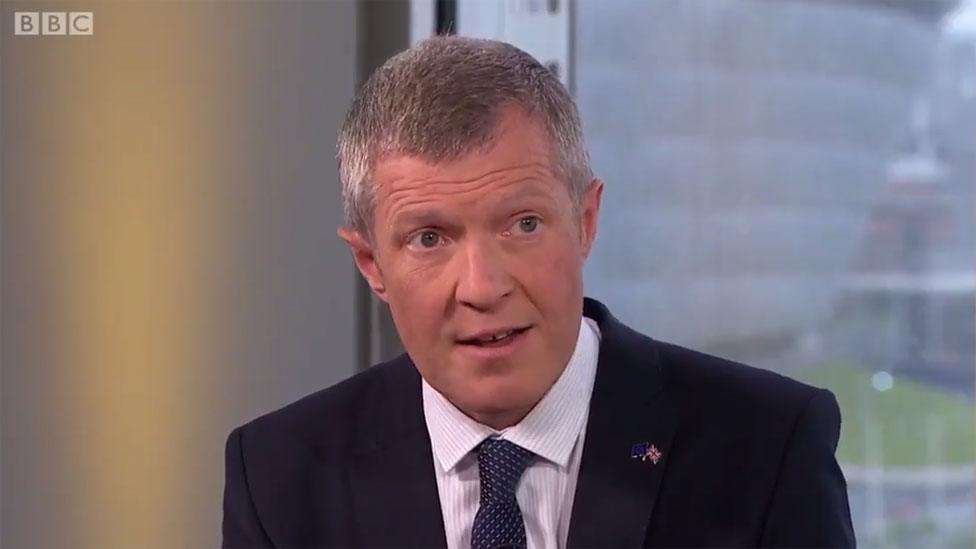
- Published30 May 2017
